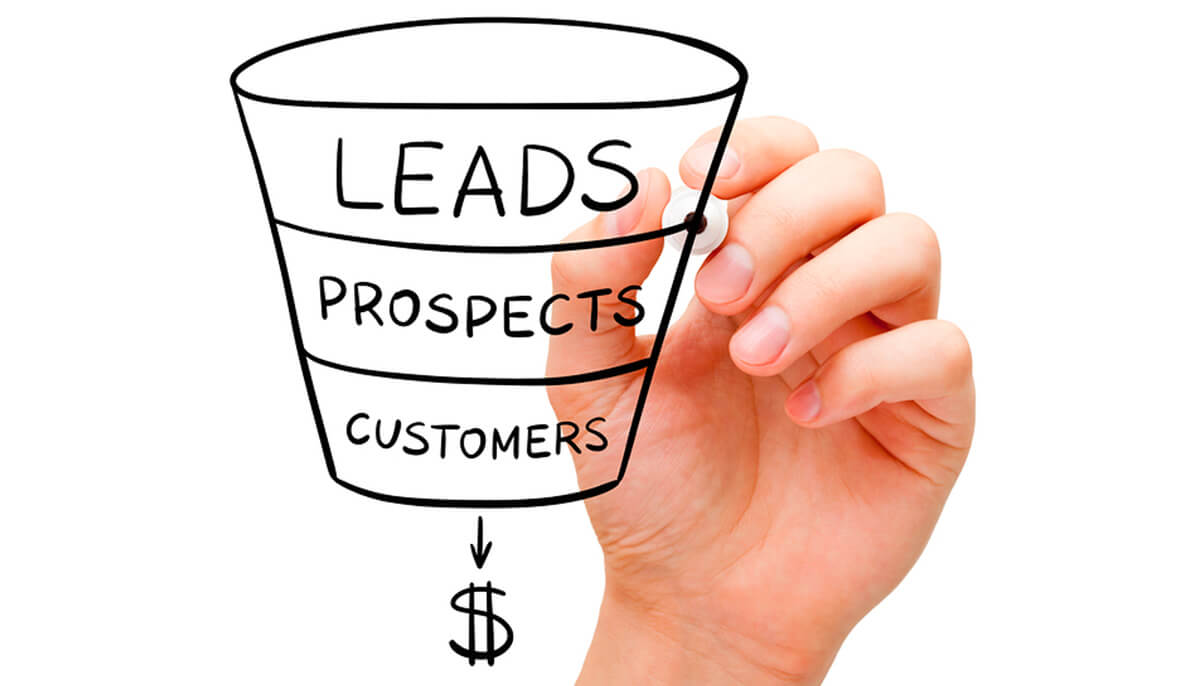
There is nothing more important than content marketing nowadays. Quality content is as important today as it was decades ago. Top companies understand that and 86% of B2B marketers report that their companies are using content marketing to grow business.
There is nothing more important than content marketing nowadays. Quality content is as important today as it was decades ago. Top companies understand that and 86% of B2B marketers report that their companies are using content marketing to grow business.
While companies do not struggle to produce more and more content on a regular basis, what they do fail to do is to determine which content works and which does not make an impact.
Today traditional sales funnel is not only applicable to sales but it also changes the shape of content marketing. Content marketers that use sales funnels in their content strategy are able to implement an unprecedented way of targeting each stage of the funnel. By creating captivating and stage-specific content they help to qualify, nurture, and convert leads, turning them into paying customers. To maximize effectiveness, many professionals invest in sales funnel training to better understand how to align content with each stage of the buyer’s journey.
We have gathered the most important information that will help you understand what content marketing funnel is and how to implement it in your marketing efforts. Learn the best practices and apply them in your marketing strategy.
Content Marketing Funnel: The Basic Concepts
A content marketing funnel is based on the traditional marketing funnel. Read on to learn more about each of them and why content marketing funnel should become an integral part of your broad marketing strategy.
What are eCommerce Funnels?
Everyone who deals with products, services or business promotion has probably stumbled upon the mentioning of the marketing funnel. In general, marketing funnel describes customers’ journey from the moment they find out about your brand to the moment they make the first purchase from you. The concept of the funnel was first introduced in 1898 and has since become the backbone for digital marketing.
The main idea behind the marketing funnel is tracking your customers through all stages of the buyer’s journey. Usually, at the beginning of the funnel the number is quite large but continuously goes down as customers move from one stage to another. At the end of the customer journey, only a small fraction of the initial number of shoppers remains. Actually, the numbers say that only 3,3% of total website visitors usually make it to the final stage.
Depending on the approach you choose, a marketing sales funnel can be divided into a few types and stages. Despite different names and number of stages, they usually convey the same meaning.
Marketing funnel comprises of the following stages:
- Awareness – a potential lead discovers a brand for the first time.
- Consideration – a qualified lead (also often called prospect) looks deeper into your product or service to find out whether it is a right fit or not.
- Conversion – gathering all the necessary information prospects decides to make a purchase, thus becoming your customer.
Another famous content marketing funnel example is the following:
- Attract – make a lead notice your brand.
- Convert – if what your leads see are up to their liking, they become prospects.
- Close – a prospect purchases from your, thus making a commitment to your company and becomes a customer.
- Delight – when customers are satisfied, they become loyal customers and even brand advocates.
Every business sets a goal of leading a potential customer through all stages of the marketing funnel. And here is where content marketing comes in handy.
What is Content Marketing Funnel?
A content marketing funnel, which is also called a sales optimization funnel, is a system of marketing activities which help companies generate leads with the help of step-by-step content flow with the primary task of converting them into paying customers. Content marketing funnel allows you to set clear goals, create highly-specific content to achieve that goal, and measure its efficiency in nurturing customers all the way from the first contact to the final stage of conversion.
How Do You Make a Good Sales Funnel?
Content marketing plays a huge role in marketing strategy. Its importance urges companies to create more and more content and distribute it across various marketing channels. However, publishing content without a big picture in mind is useless. It is essential to understand the stages on which your content targets potential customers and what type of content is best suited for the task. To build and execute a strategy effectively, many companies choose to hire an eCommerce marketing specialist who understands how to align content with each stage of the funnel and optimize for both engagement and conversion. Let’s take a closer look at what content suits what stage.
Awareness Stage Content
At the top of the funnel, a seller needs to make people aware of their brand and products. The content you publish on this stage is very important as you need to generate interest for your brand, create awareness about possible solutions for their problems and educate them on the matter.
In general, top-of-the-funnel content is educational and interesting for your potential customers. This content does not necessarily have to instantly convert your visitors into customers but rather bring them value in the form of useful and relevant content. If you publish such content on a regular basis, potential customers are more likely to return to your ecommerce website for more and eventually may become your customers.
- Forever Free 99 SKU Plan — the best offer on the market.
- Pain-free integrations with the largest marketplaces to sell your products in 50+ countries.
- Free & Easy connection to Google Merchant for an unlimited product upload to start Google Smart Shopping Campaigns.
So, what type of content is suitable for the awareness stage? Well, it highly depends on the practices in a particular company but, in general, you can produce the following types of content:
- Ads
- Landing pages
- Blog posts
- Videos
- Infographics
- Books
- Audio/video podcasts
- Handy checklists.
To create such content, you first need to find out what your potential customers might be looking for. Such tools as Answer the Public, Soovle, or Keyword Planner will help you with the task of finding additional search queries.
Consideration Stage Content
At this stage of the sales funnel, your potential customer is already aware of your company, the products you offer and how they can solve certain pain points. After having consumed educational content, they are ready to move to the next step – evaluation of your offer. You need to provide them with content that will show awesomeness and usefulness of the products you sell.
Consideration stage can be built of the following types of content:
- Product and demo videos
- Success stories related to your product
- Product descriptions
- How-to articles and guides
- Tutorials
- Whitepapers and e-books.
You can derive ideas for this type of content from your competitors’ websites, FAQ sections, as well as from keywords ideas tools. Just remember that you need to dive deeper into the subject as compared to the first stage.
Conversion Stage Content
The conversion funnel is the bottom of the funnel with conversion point being the primary goal of all content marketing activities. Up to this point, leads have already found out about the existence of a company, what problems it can solve and help them. Now they need to make their final decision and buy from the seller. To get that orders, you need to show the value of your proposition.
Usually, the conversion funnel content includes:
- Products descriptions (with detailed images and specifications)
- Customer reviews, testimonials, ratings
- Emails
These three types of content are exactly what can sway customers decision in favor of your offering. It is essential to make products descriptions and other products content pitch-perfect as otherwise, you chance losing your customers.
How Do You Optimize Conversion Funnel: Content Marketing Strategy
As the saying goes, people do not like to be sold to; they like to make decisions themselves and hate companies for pushing them into buying. A fully implemented content marketing strategy shapes a nice journey for your potential customers. It allows them not to fill pressed into buying products from a company they have just found out about but are slowly nurtured to the last stage of the sales funnel – conversion.
Even after guiding your customers through the whole customer journey you need to continue providing customer support and delight them with useful content so that they would become your brand advocates and promoters. Remember that gaining new customers is 6x more expensive than retaining the existing ones.
Was this news helpful?







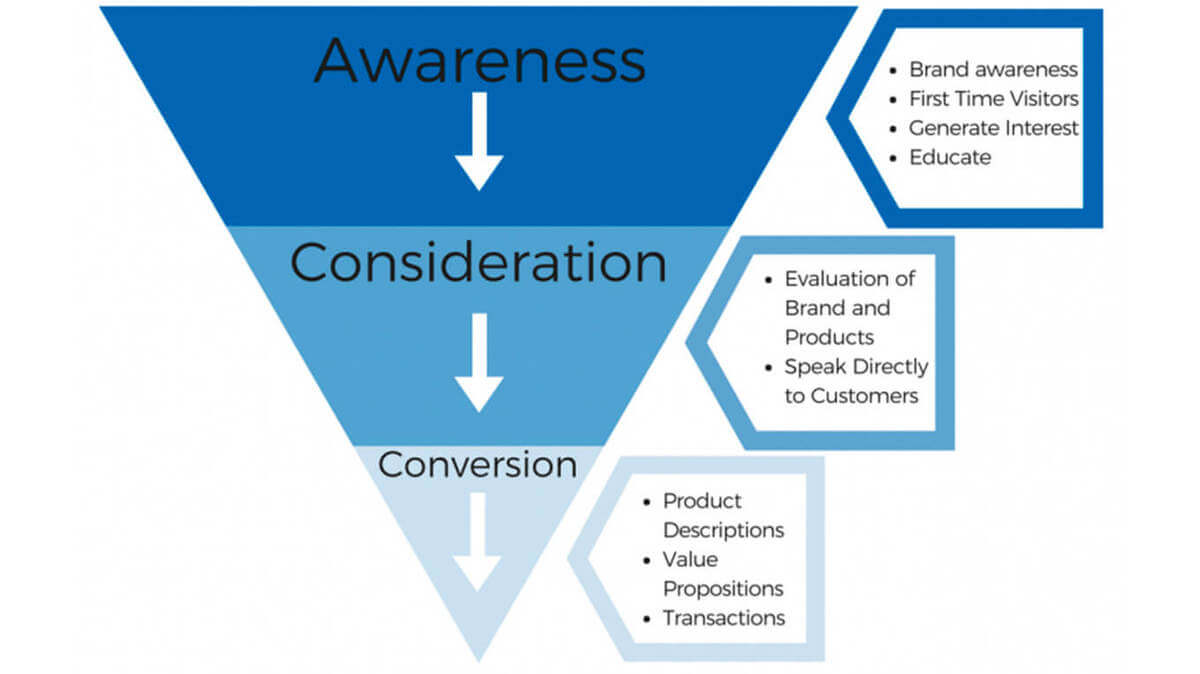
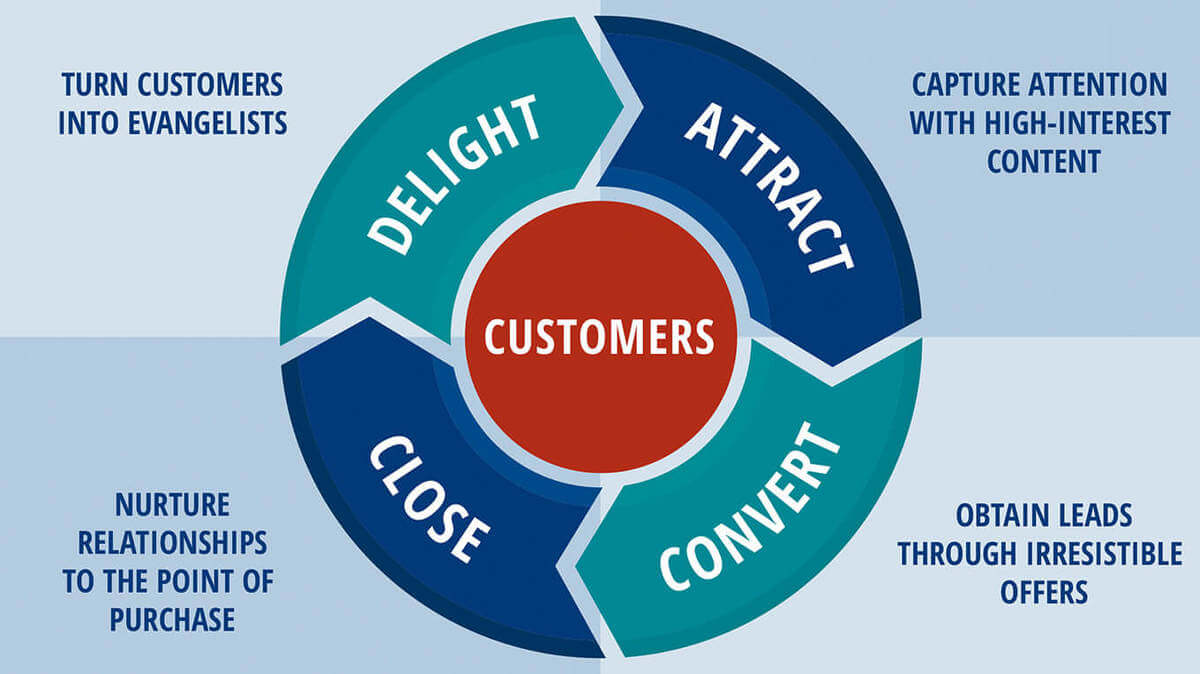
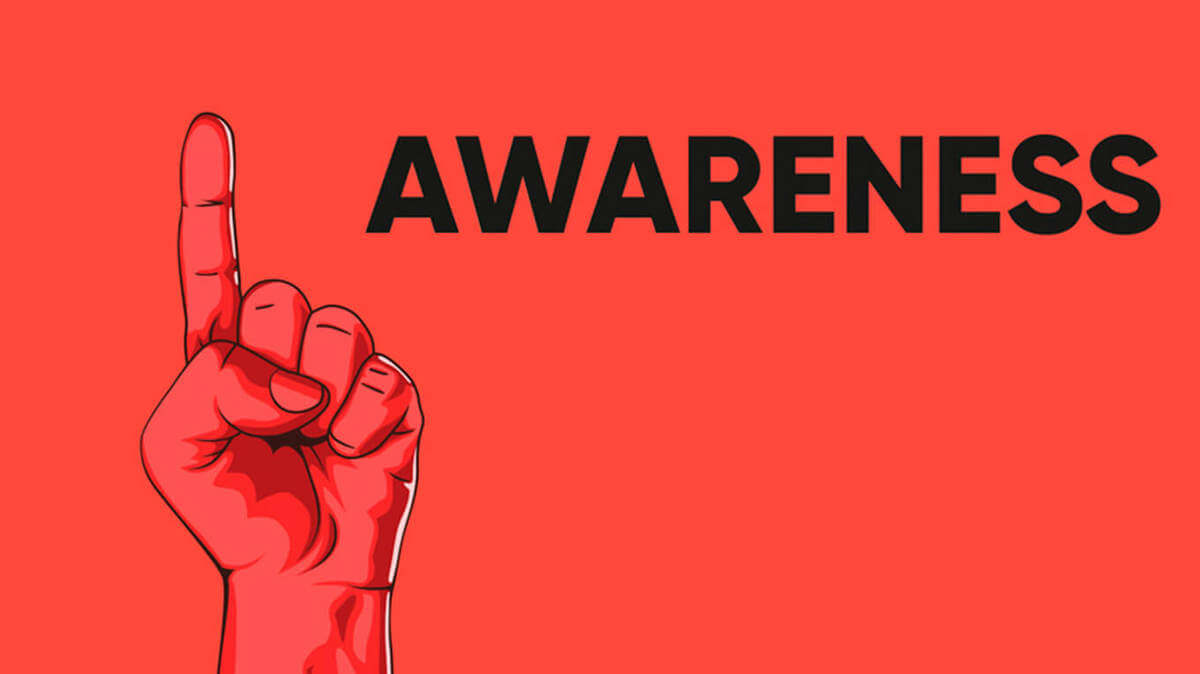
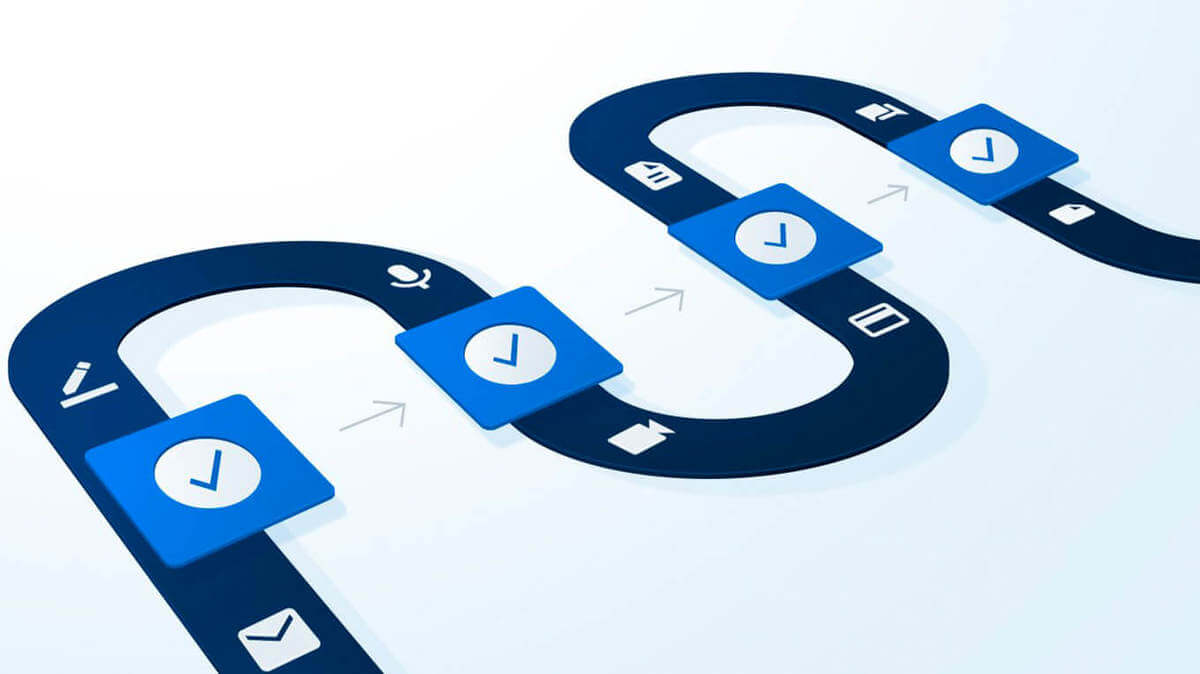
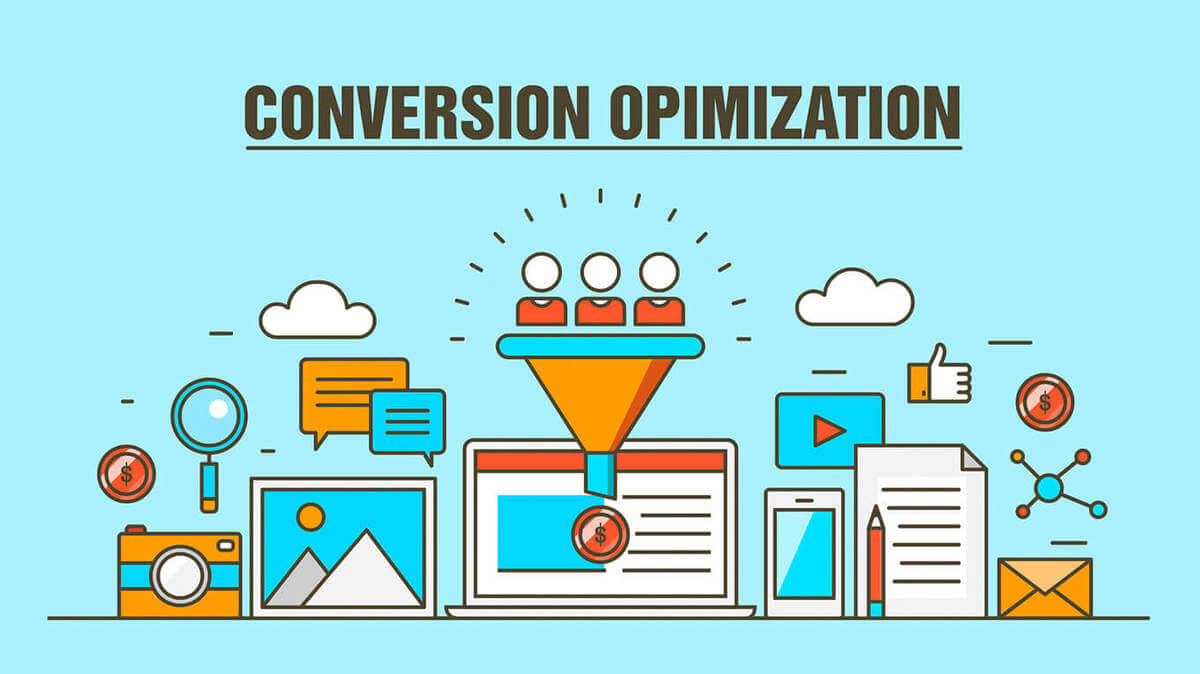
 Yes, great stuff!
Yes, great stuff! I’m not sure
I’m not sure No, doesn’t relate
No, doesn’t relate



